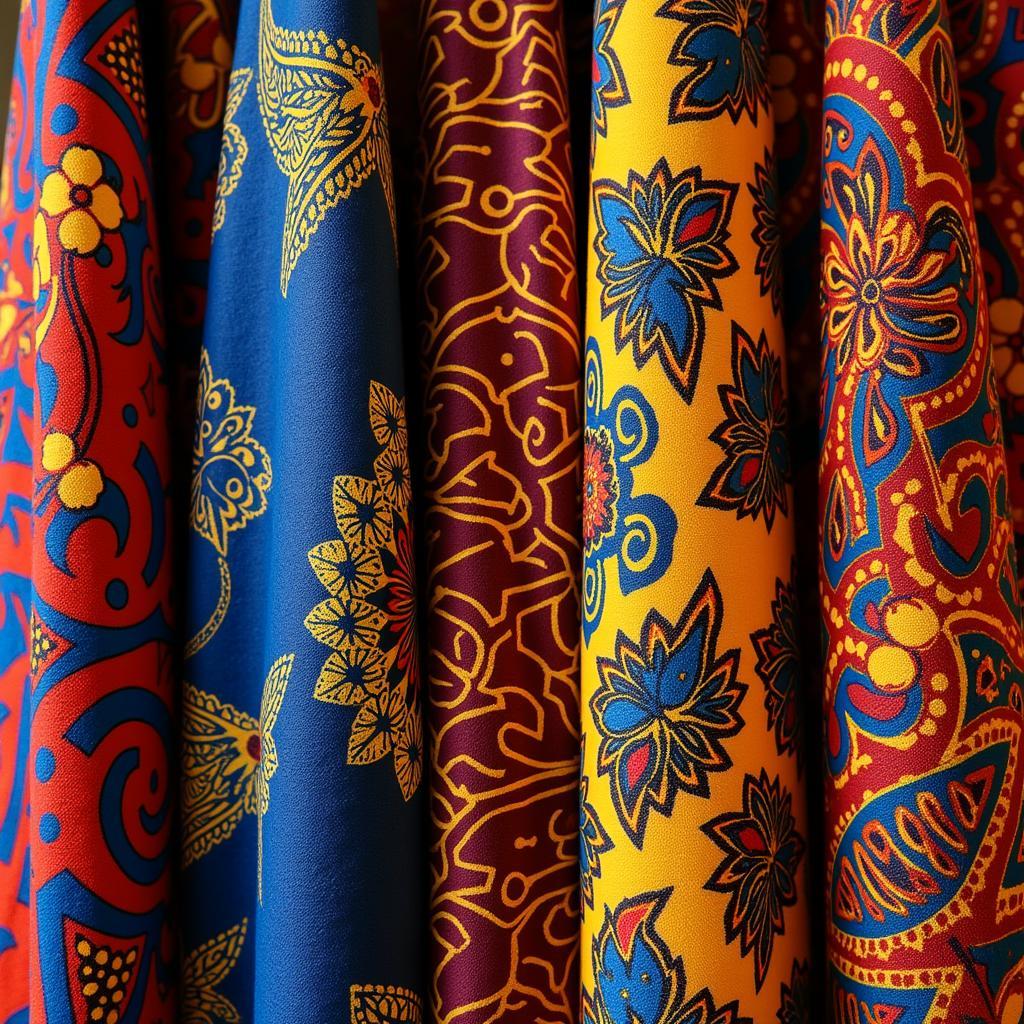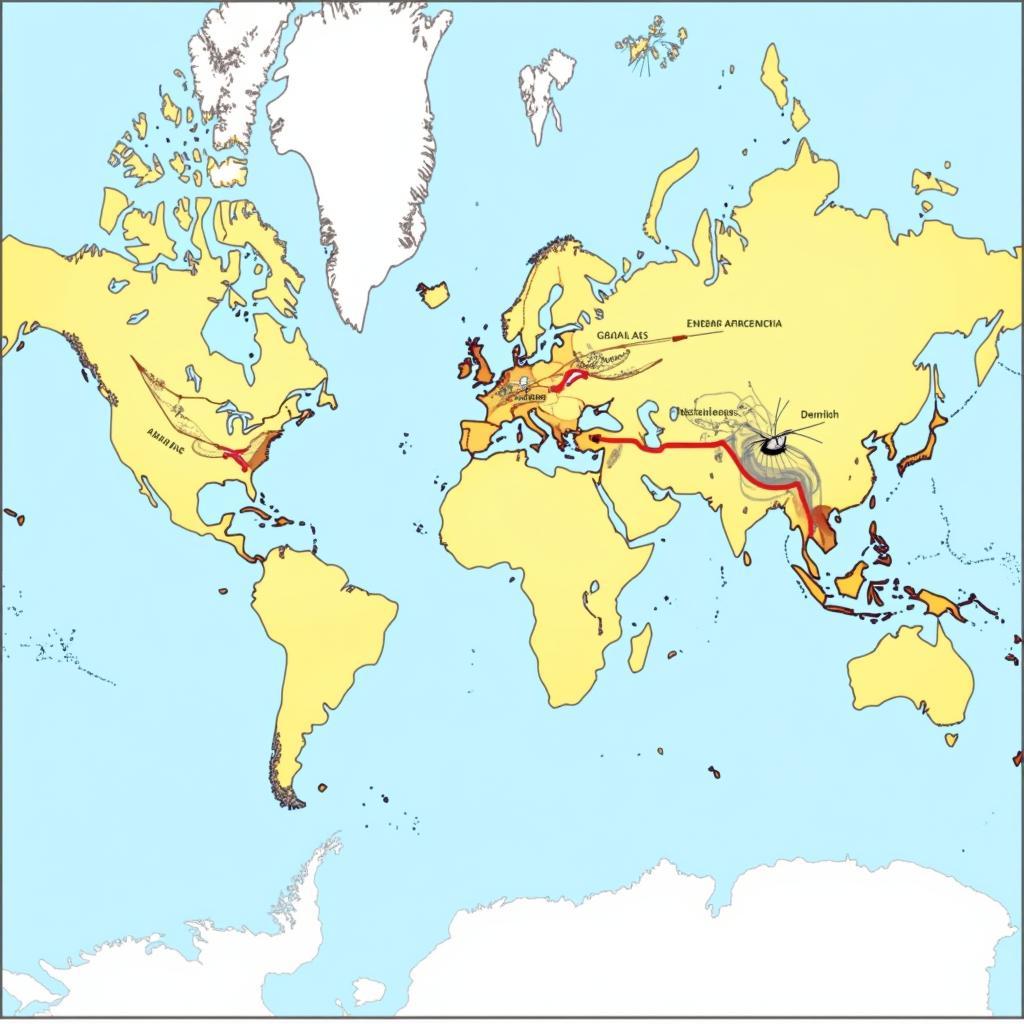Effective African Hair Loss Treatment: A Comprehensive Guide
African Hair Loss Treatment is a growing concern for many individuals across the continent and diaspora. Understanding the causes, prevention methods, and various treatment options available is crucial for effectively addressing this issue. This article will explore the intricacies of African hair loss treatment, offering valuable insights and practical advice to help you regain your confidence and maintain healthy hair.
Understanding the Unique Characteristics of African Hair
African hair, characterized by its tight curls and coils, has unique properties that require specialized care and attention. Its elliptical shape and the way the hair follicle curves beneath the scalp makes it more prone to breakage and dryness. This delicate structure necessitates gentle handling, moisturizing practices, and protective styling to minimize damage and prevent excessive shedding. african american hair loss treatment can provide some more specific insight into the treatments available.
Common Causes of Hair Loss in People of African Descent
Several factors contribute to hair loss in people of African descent, some of which are specific to this hair type, while others are more universal. These factors can range from genetic predisposition and hormonal imbalances to environmental stressors and styling practices.
Traction Alopecia: A Common Culprit
One of the most prevalent causes is traction alopecia, caused by prolonged tension on the hair follicles from tight hairstyles like braids, weaves, and extensions. Over time, this constant pulling can weaken the hair follicles, leading to thinning and eventual hair loss, especially around the hairline and edges.
Other Contributing Factors
Other common causes include:
- Central Centrifugal Cicatricial Alopecia (CCCA): A scarring type of hair loss that primarily affects the crown of the scalp.
- Androgenic Alopecia: Also known as male or female pattern baldness, this is a genetic condition that can affect both men and women.
- Nutritional Deficiencies: Inadequate intake of essential vitamins and minerals can impact hair growth and health.
- Stress and Hormonal Changes: Stress and hormonal fluctuations can disrupt the hair growth cycle, leading to increased shedding. You may find beneficial information about african american hair growth products that can aid hair regrowth.
Exploring African Hair Loss Treatment Options
Addressing hair loss effectively involves a multi-pronged approach that tackles the underlying causes while promoting healthy hair growth. This can include lifestyle changes, targeted hair care practices, and seeking professional help when necessary.
Natural Remedies and Home-Based Treatments
Many natural remedies and home-based treatments have been used traditionally to promote hair growth and address hair loss. These include:
- Scalp Massage: Regular scalp massages can improve blood circulation to the hair follicles, stimulating growth.
- Essential Oils: Certain essential oils, like rosemary and peppermint, are believed to have hair growth-promoting properties.
- Dietary Changes: A balanced diet rich in protein, iron, and other essential nutrients is crucial for healthy hair growth.
Medical Interventions and Professional Treatments
For more severe cases of hair loss, medical interventions may be necessary. These can include:
- Minoxidil: A topical medication that helps to stimulate hair growth.
- Hair Transplant Surgery: A surgical procedure that involves transplanting hair follicles from one area of the scalp to the balding or thinning areas. You can explore more about african american hair restoration for a deeper understanding of this option. If you are in Maryland, you may be interested in searching for an african american dermatologist in md to consult about your hair loss.
Dr. Abena Osei, a renowned trichologist in Ghana, emphasizes the importance of early intervention. “Addressing hair loss in its early stages often yields better results. Don’t hesitate to seek professional advice if you notice significant changes in your hair.”
Preventing Hair Loss: Proactive Steps for Healthy Hair
Prevention is always better than cure. Implementing proactive measures can help safeguard your hair and minimize the risk of hair loss.
- Gentle Styling Practices: Avoid tight hairstyles that put excessive strain on the hair follicles.
- Regular Moisturizing: Keep your hair well-hydrated to prevent breakage and dryness.
- Healthy Diet and Lifestyle: Maintain a balanced diet and manage stress levels to promote overall hair health. Consider looking into information on african american eyebrow transplant for more specialized hair restoration information.
Professor Chinwe Eze, a leading dermatologist in Nigeria, advises, “Protecting your hair from environmental stressors like sun and pollution can also help maintain its health and prevent damage.”
Conclusion
African hair loss treatment requires a comprehensive understanding of the unique characteristics of African hair and the various factors that contribute to hair loss. By embracing preventative measures, adopting healthy hair care practices, and seeking professional help when needed, you can effectively address this concern and maintain vibrant, healthy hair. Remember that early intervention is crucial for achieving optimal results with African hair loss treatment.
FAQs
- What is the best African hair loss treatment? The best treatment depends on the underlying cause of hair loss. Consult a dermatologist or trichologist for a personalized assessment and treatment plan.
- Can traction alopecia be reversed? In the early stages, traction alopecia can often be reversed by changing hairstyles and minimizing tension on the hair follicles.
- Are there any side effects of using minoxidil for African hair? Some potential side effects of minoxidil include scalp irritation and dryness.
- How long does it take to see results from African hair loss treatment? Results can vary depending on the treatment method and the individual. It may take several months to see noticeable improvements.
- What are some good hair products for African hair loss? Look for products that are specifically formulated for African hair and contain moisturizing and strengthening ingredients.
- Is hair transplant surgery a good option for African hair? Hair transplant surgery can be a viable option for certain types of hair loss, but it’s essential to consult with a qualified surgeon to discuss your individual case.
- How can I prevent hair loss in the future? Adopting gentle styling practices, maintaining a healthy diet, and managing stress levels can help prevent future hair loss.
Common Scenarios and Questions:
- Scenario: Noticeable thinning around the hairline after years of wearing tight braids. Question: Could this be traction alopecia, and what can I do to treat it?
- Scenario: Sudden hair loss accompanied by scalp itching and inflammation. Question: What could be causing this, and should I see a doctor?
- Scenario: Gradual thinning of hair on the crown of the scalp. Question: Could this be a sign of CCCA, and what are my treatment options?
Further Reading and Resources:
- Explore more about hair care tips for African hair on our website.
- Learn about the latest research on hair loss treatments.
Need Help? Contact Us!
For personalized advice and support with African hair loss treatment, please contact us:
Phone: +255768904061
Email: [email protected]
Address: Mbarali DC Mawindi, Kangaga, Tanzania.
Our customer care team is available 24/7 to assist you.



